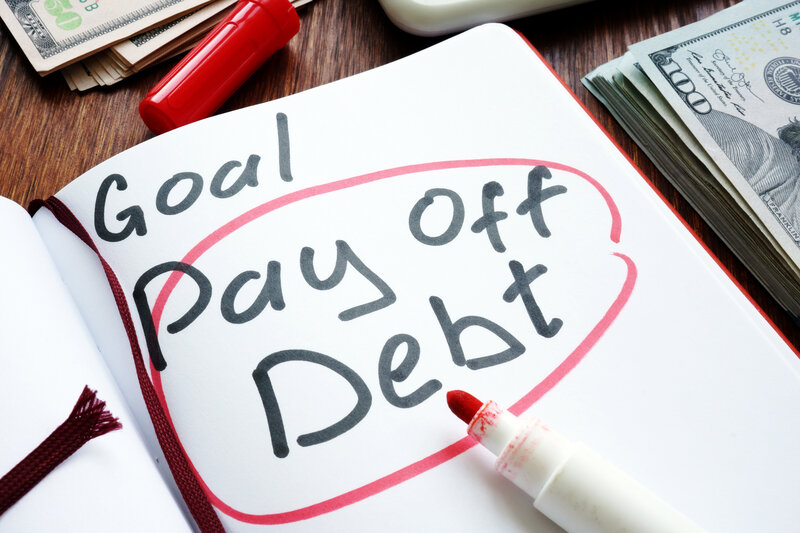|
Since the pandemic, every day investors have been investing in the stock market more than ever before. Often times, these investors are gambling more than they are investing. For example, many investors are currently purchasing Tesla shares at a valuation equivalent to 1,000 years of profits. Worse yet, these same investors are often purchasing high risk investments like call options that can create massive losses for individuals that don’t understand them. However, there is an easier and safer way to generate immediate ROI: pay down debt. When you pay down or pay off debt, you generate a guaranteed return on investment. In particular, if that debt is at a high interest rate. Most importantly, you began to free yourself from debt.
Compounding Debt
Compounding debt is a lot like compounding interest. Compounding interest is the addition of interest to an initial investment. Put another way, compounding interest is when you earn interest on interest. Thus, the more interest you earn, the larger the total balance you can earn interest on. This increases your net worth exponentially over time. On the other hand, compounding debt works in reverse. Compounding debt is the addition of interest to an initial debt owed. Thus, the more interest added to your initial debt, the larger the total balance you will need to pay interest on. Compounding debt grows equally exponentially. However, compounding interest works for you, while compounding debt works against you.
Credit Card Example
As of September 28th, 2020, the average credit card interest rate is ~16%. The average US household has $5,700 in credit card debt. In comparison, the S&P500 has returned an average 9.8% per year over the last 90 years. Moreover, these returns are not guaranteed. Over numerous 10-15 year spans over the last 100 years, stocks have remained roughly flat. Even if you do earn an average 9.8% per year, you can earn an even more significant ROI by paying down your credit card debt rather than investing in the S&P500 with that same sum of money. Invest once you pay off the easy debt like this.
Refinancing Debt Pays Too
When paying down debt, you can generate an immediate ROI by refinancing your debt as well. If your account balance is large and/or you do not want to pay off a debt immediately, you can typically refinance your debt at significantly lower interest rates if you commit to a quicker pay back. For example, you can refinance credit card debt to a 6% interest rate if you commit to a 2-5 year pay back period today. By doing so, you slow down compounding debt and pay less over time. In addition, given that mortgage rates are at record lows, you can earn an immediate ROI by refinancing your mortgage to a lower interest rate. Just be sure to use a refinance calculator first.
Peace of Mind
Beyond stopping the cycle of compounding debt, lowering your debt burden provides serious peace of mind. The less debt you have, the more disposable income you have ultimately. The more disposable income you have, the more you can actually invest and take risks without risking the house. Unproductive debt like credit card debt only holds you back.
Bottom Line
Investing and generating an ROI feels good. However, in many cases, paying down debt or refinancing your debt allows you to generate immediate ROI that leads to better long term financial health. In some cases, you may not want to pay off debt at exceptionally low interest rates. However, in this case, you definitely want to properly estimate your ability to generate a return greater than the cost of servicing your debt.
|
|---|


